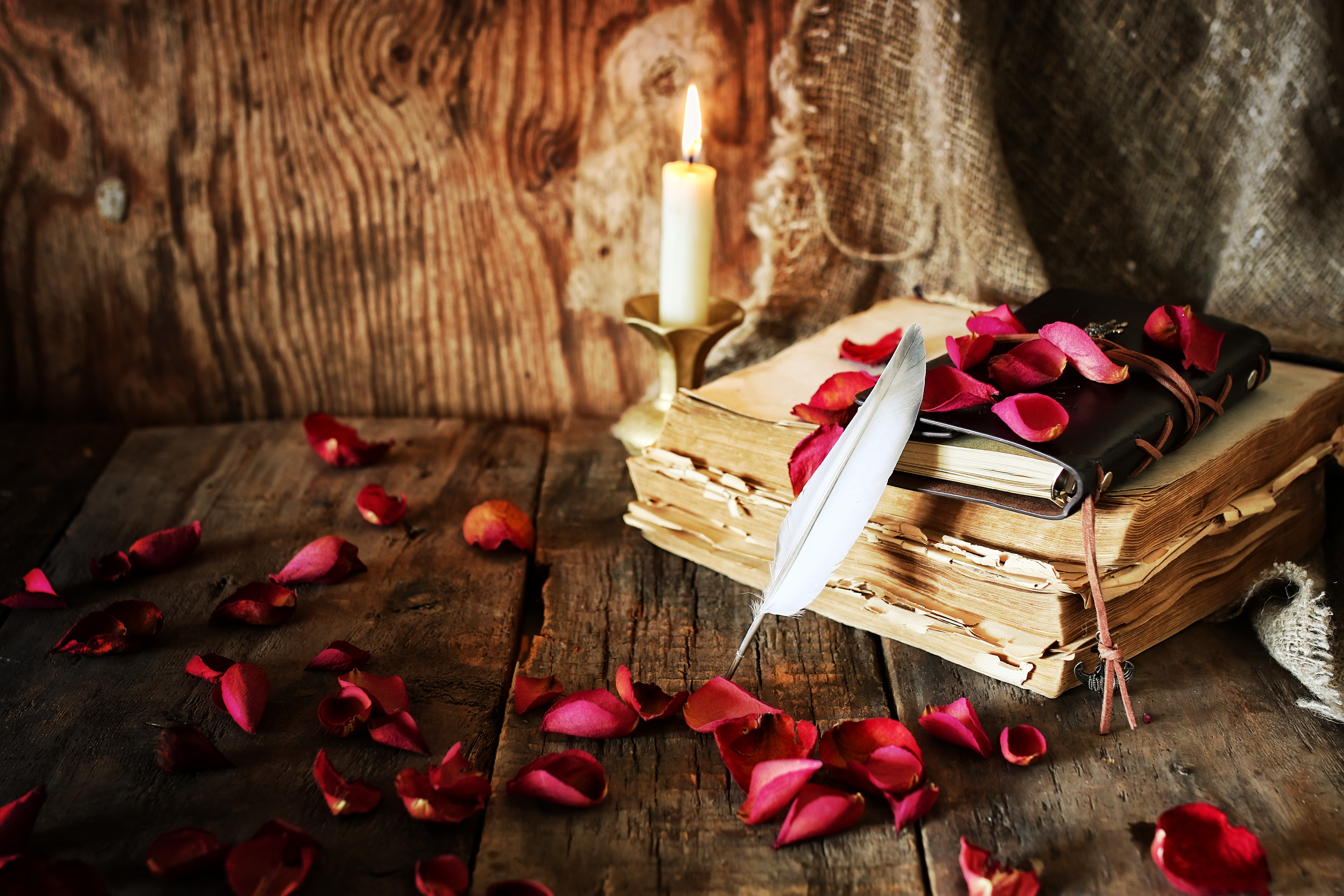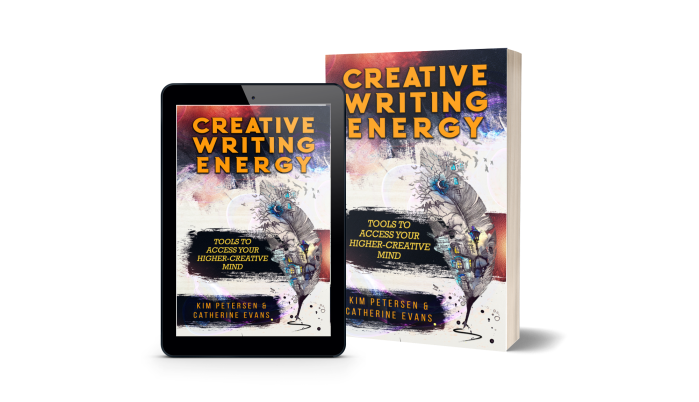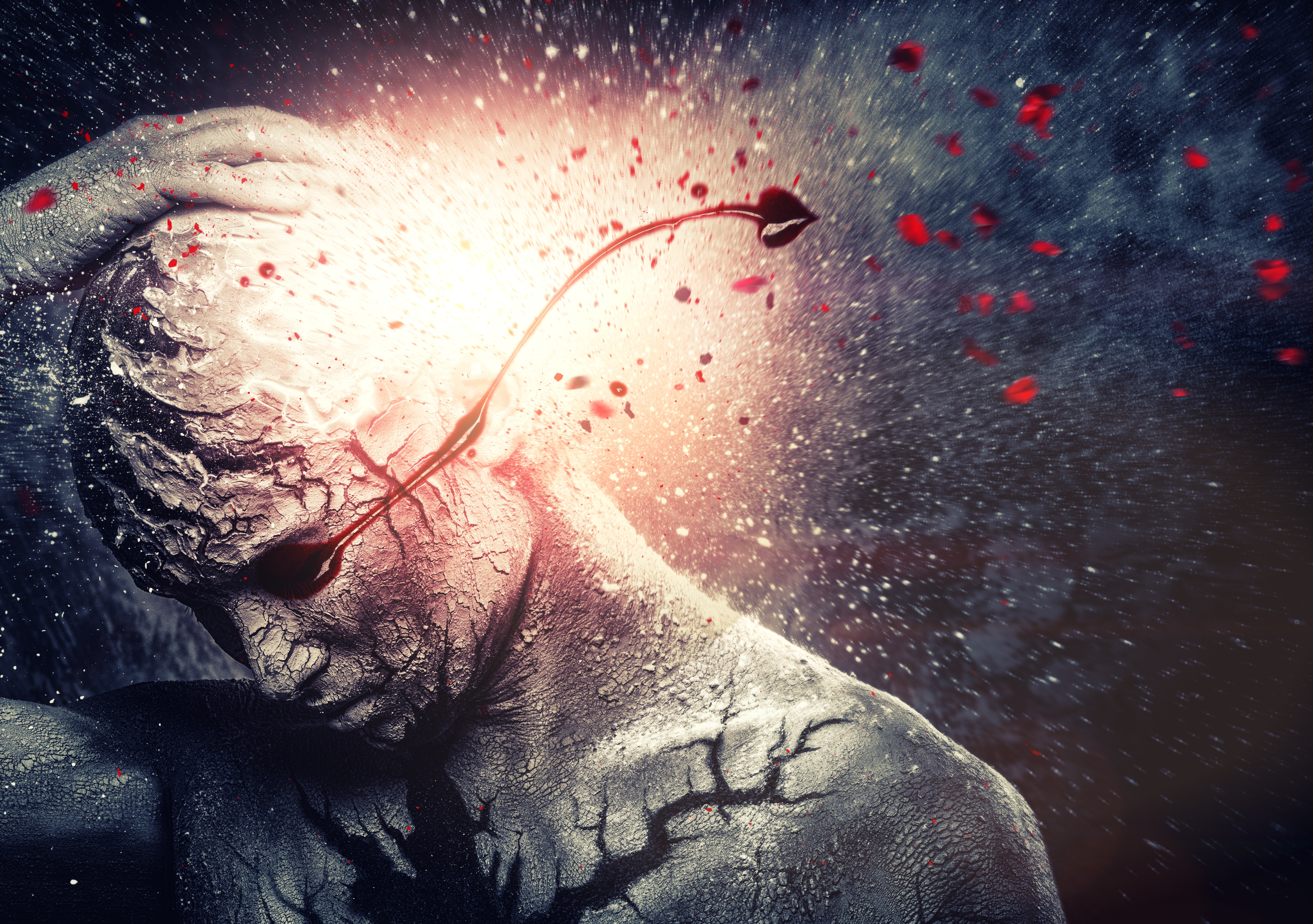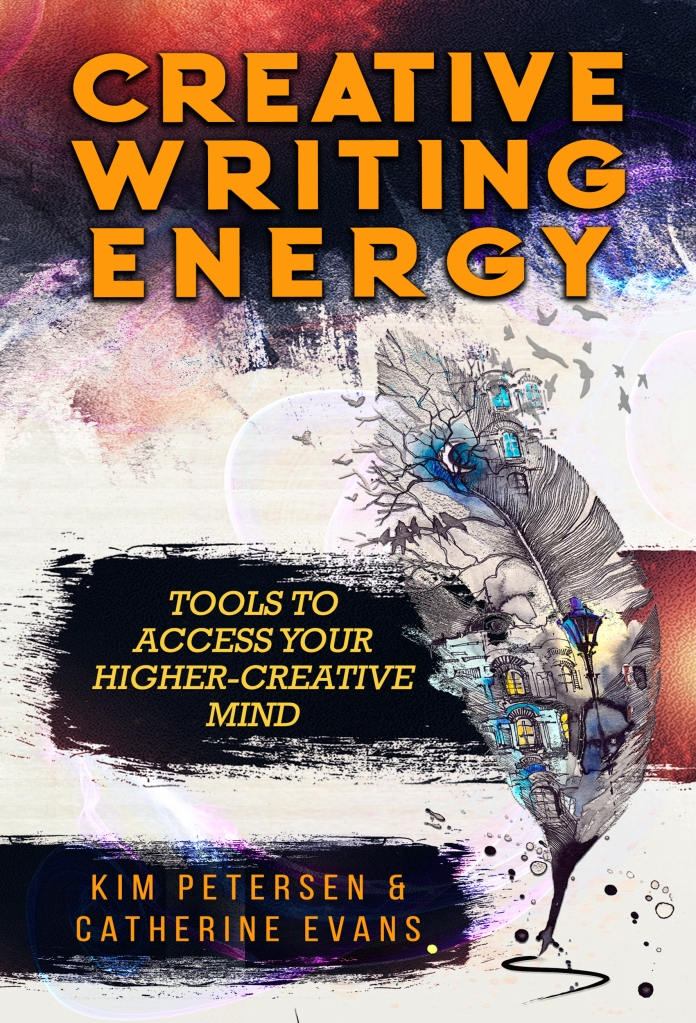
Do you struggle to create full-bodied characters?
Churning out words, outlining and wrapping your brain around plot twists, story themes and arcs can often be mentally exhausting, and then we have to make sure our characters have depth enough to resonate with our readers.
“I know the feelings but I don’t know how to express them in words.”
That’s what my new client said during a recent meeting. She had reached out for assistance after reading some of my work. She has an important story to tell.
After an extraordinary experience, her quest to bring her unique story into the world fell short when it came to expressing high-level concepts and deep emotion through the written word.
Enter, me.
It is true that I write about love, relationships and soul connections in addition to my fiction work. I post these articles regularly on Medium and my blog. When the year is out, the articles are then culminated into a book - a keepsake documenting both my nonfiction writing pieces along with my own personal journey.
Life lessons and personal growth.
Some people baulk at the idea of sharing their personal experiences publicly. There was probably a time when I might’ve reacted the same way. It’s different now. I feel different now. I’m not the same person I was when I first began writing.
I realized that by sharing our experiences and perspectives, and then expressing the lessons we’ve learned from those fragments in our lives is one of the most powerful ways we can impact the world and help one another.
Obviously, not all of us are writers. There are many other ways to make a positive difference in the world. Humanitarians and those in service occupations seek to promote human welfare. The magical paint strokes of gifted artists have the capacity to uplifts spirits; thereby raising vibrations through the loving energy invested in the creation.
The same is true for words.
Yehuda Berg said:
“Words are singularly the most powerful force available to humanity. We can choose to use this force constructively with words of encouragement, or destructively using words of despair. Words have energy and power with the ability to help, to heal, to hinder, to hurt, to harm, to humiliate and to humble.”
As a word smith, and whether you write nonfiction, fiction or both, it is vital to have a firm understanding of the power literally at your fingertips.
Not every writer has the desire to burrow into their deepest selves to divvy up those experience-gems publicly. I can understand that. There is a certain amount of vulnerability and courage required when you begin the deep, meaningful work - and make no mistake, releasing messages into the world at an intimate level takes a brave heart (and maybe a firm set of balls).
Either that, or those of us who journey through the murky territory are just plain crazy.
Psyche.
The good news is that we don’t necessarily have to roll up our sleeves and get gritty (and maybe a bit soppy) by revealing our inner-most selves in order to make real connections and benefit the human experience through our words.
The fact that you write is gift enough. Throw in some passion, a generous side of imagination and the beautiful resources existing within the fabric of your past experiences, and you are a potential change-maker.
Smile.
You just felt the little tingles ignite at the base of your spine, right?
At least, I hope you did.
Those zingy feelings are more than just confirmation that a draft is blowing from the window you left open in the other room - they are a part of your inbuilt intuitive system and appear as way of confirmation when the truth rings true.
Learn to trust your tingles.
Grab your cape and give yourself a pat on the back, too. You, dear writer, are a gift to the world and your words have power. Used with intent, love and courage our words become a force to be reckoned with. We have the capacity to influence, create waves and stir the pot to bring meaning to the lives of those who read our work - particularly when created with the breadth of our hearts.
We can achieve this through delving deep within; stripping the layers to extract the nuggets from past and present relationships; looking back on memorable experiences and reflecting on our most intimate feelings to examine the way we relate, perceive life and love others.
After all, love is the ultimate source of emotional resonation. It is the most profound emotion we will ever experience.
Whether romantic or platonic, whirlwind and complicated or long term and lifelong, it is love that has the power to nourish meaningful relationships, crush our hearts and teach us important lessons.
“When Love speaks, the voice of all the gods,
Makes heaven drowsy with the harmony.”
– William Shakespeare - From Love’s Labour’s Lost.
Is it no wonder that the greatest writers in history explored love in all its forms through their literature?
There was only one Shakespeare. There is only one you.
Love in literature is boundless because it defies barriers by appearing across all genres and age groups, as well as periods in history. The presence of love in our stories has the ability to bring acutely heartfelt and memorable moments to the page, regardless of the outcome.
We all know about love and relationships to some degree. Even hate is love turned upside down. Honestly, we learn so much and gather bucket loads of personal data through the relationships we form; and we can use these insights when developing our characters to bring authenticity into their worlds and connect with readers.
To help get you into reflection mode, let’s take a deeper look into what Greek philosopher, Aristotle had to say about relationships. He described three kinds of relationships, with only one of which is built to bring true happiness.
First: The Relationships of Pleasure.
These are the romantic interludes fueled by passionate sex, a possible side of drugs and a generous helping of ego. Insert a playlist that looks like Metallica’s Master of Puppets and Bulletboys Smooth up in Ya, and you get the drift. These affairs are more about body and less about soul and connecting - never a great recipe for lasting happiness.
Second: The Relationships of Utility.
These types of relationships may be grounded in materialism or hopes of gathering status of some sort. They can also include relationships that involve a need for each other for the “necessities of life” and raising children. Aristotle describes the friendship of utility as shallow, easily dissolved, and for the old.
Keep in mind that even though he may have been coined “the father of philosophy” he was just one Greek guy who liked to explore high-level concepts … with a very thick beard.
Third: The Relationship of Shared Virtue.
Like a classic Rod Stewart song, Aristotle firmly advised hauling up your sails over stormy waters in search of what he called Relationships of Shared Virtue. This is where you arrive on the shores to find a partner who truly gets you in soul - your core self.
It’s that real-connection love who will ignite change, challenge and inspire you to grow into your highest potential.
Jack Nicholson’s character in As Good as It Gets said it best when he said: “You make me want to be a better man.”
Of course, the above relationship examples described by Aristotle are brief summaries of the complex bonds and emotions that we experience through those who touch our lives. Yet, taking a look at what some of the world’s greatest philosophers had to say about the human condition can act as a springboard to unlocking parts of our past when creating full-bodied and dynamic characters - ones that imprint a lasting memory on our readers.
Deep reflection is a muscle you can strengthen to bring the essence of your story to a place where the power of your words has the potential to positively influence and improve the lives of your readers. Even if only an inch at a time.
Keep it real.
It’s worth investing the time to reflect on your past and present loves to give your characters depth and relatable complexities. Aim for the Kindle highlights.
Just like love, your words can change lives forever.
Originally published by The Ascent at Medium.

















